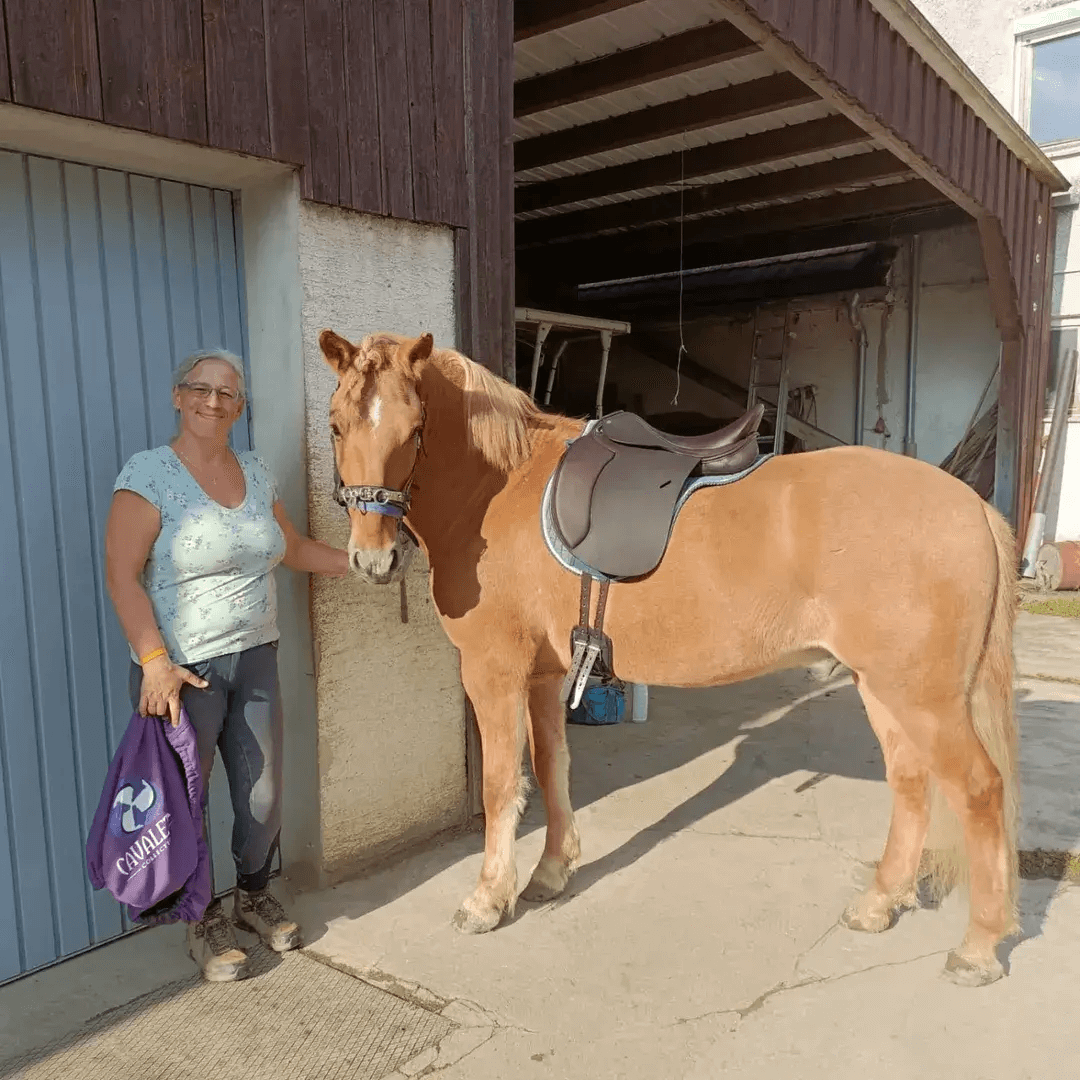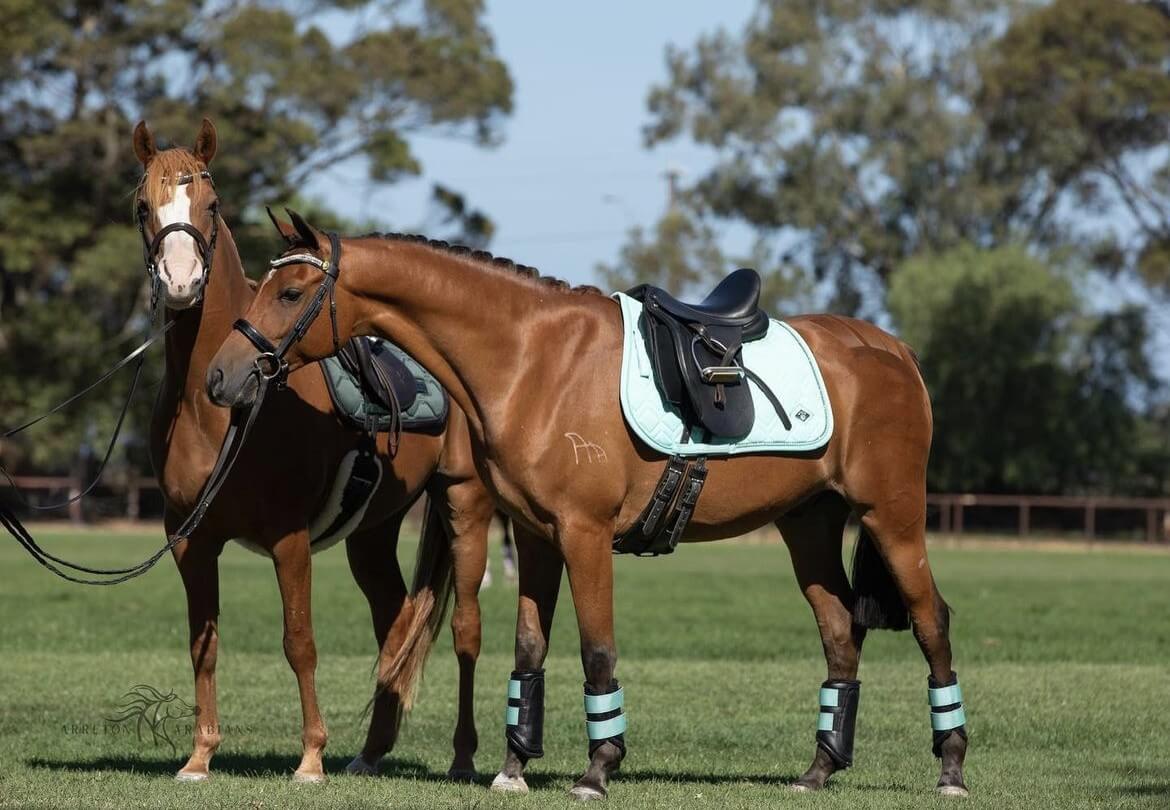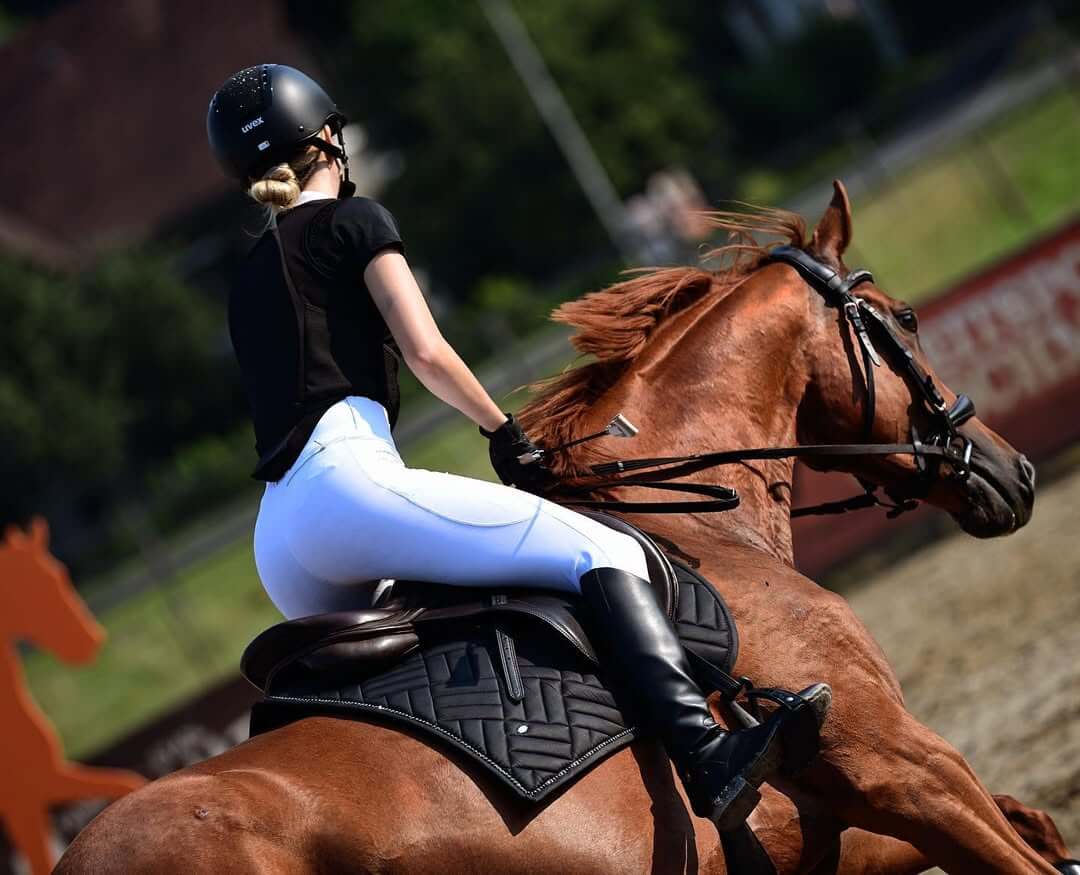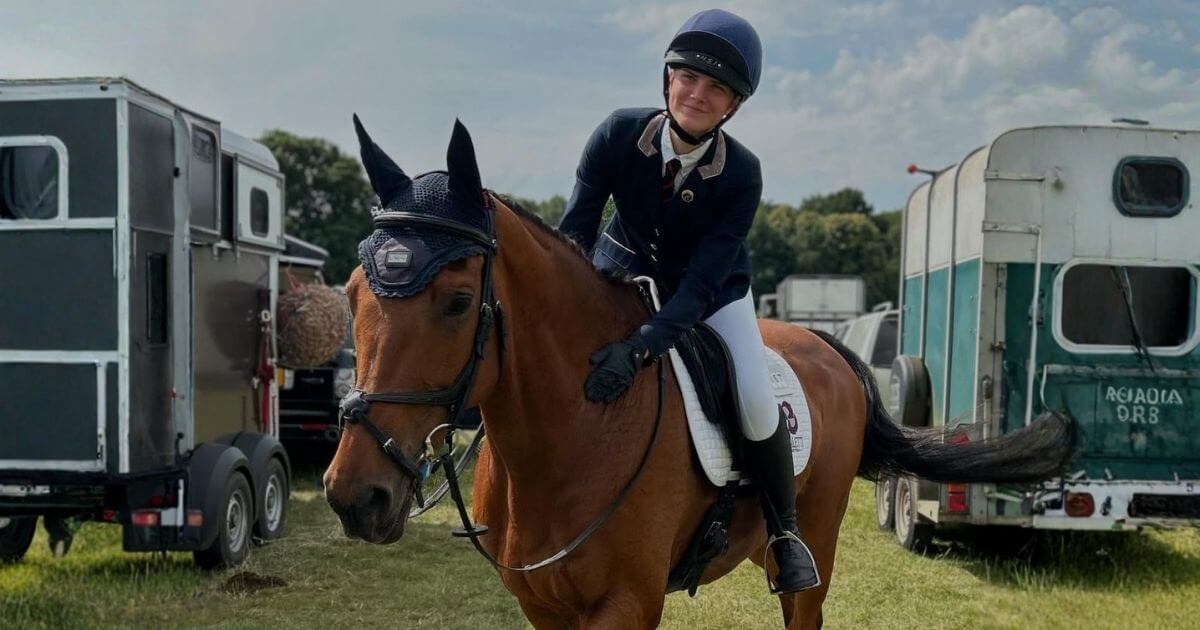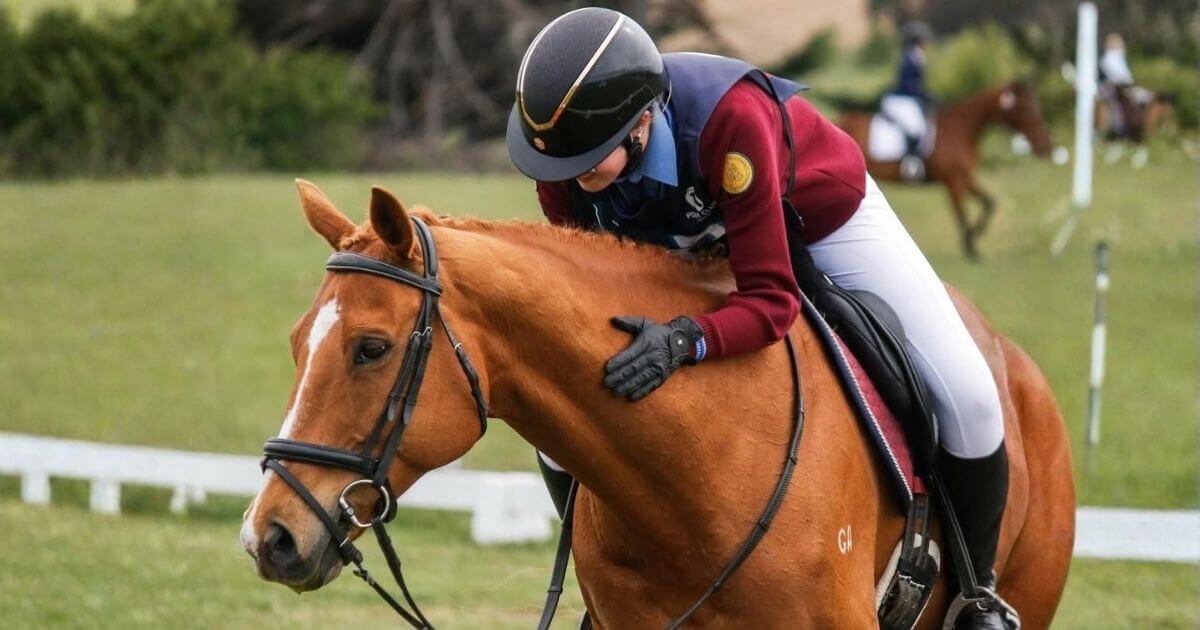Understanding Horse Personalities
All horses are individuals with their own unique personality traits, just like people. However, there are some generalisations that can be made about different types of horses based on their breed, history, and physical characteristics.
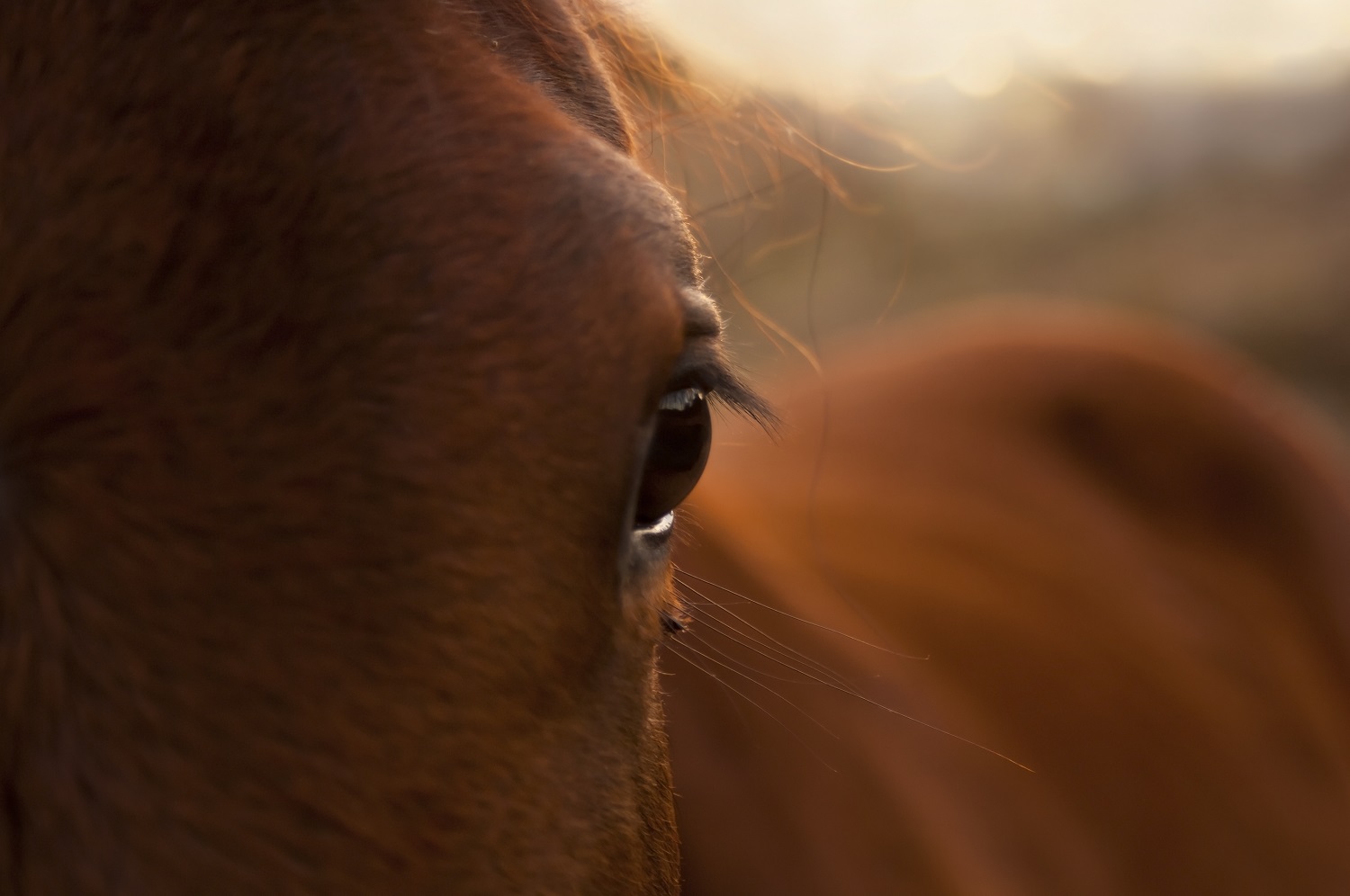

Some popular horse types include:
American Quarter Horse:
These horses are known for their athleticism and speed and are often used in rodeos and racing.
Arabian:
Arabians are one of the oldest horse breeds in the world and are known for their intelligence and stamina.
Icelandic:
These hardy horses are used for a variety of purposes including riding, pulling carts, and herding sheep.
When it comes to personalities, some horses are more outgoing and social while others are more independent and aloof. Some horses are very curious and playful, while others are calmer and more serious. There is no right or wrong when it comes to horse personalities, but it is important to match the right horse with the right owner based on their individual needs and personality traits.
If you're thinking about getting a horse, take some time to learn about the different types of horses and their unique personalities. This will help you find the perfect horse for your lifestyle and personality.
One of the most rewarding things about owning a horse is getting to know its personality. Each horse has their own unique quirks and traits that make them special. By understanding horse personalities, you can better connect with them and build a lasting bond.
Determine Your Horse's Personality Type
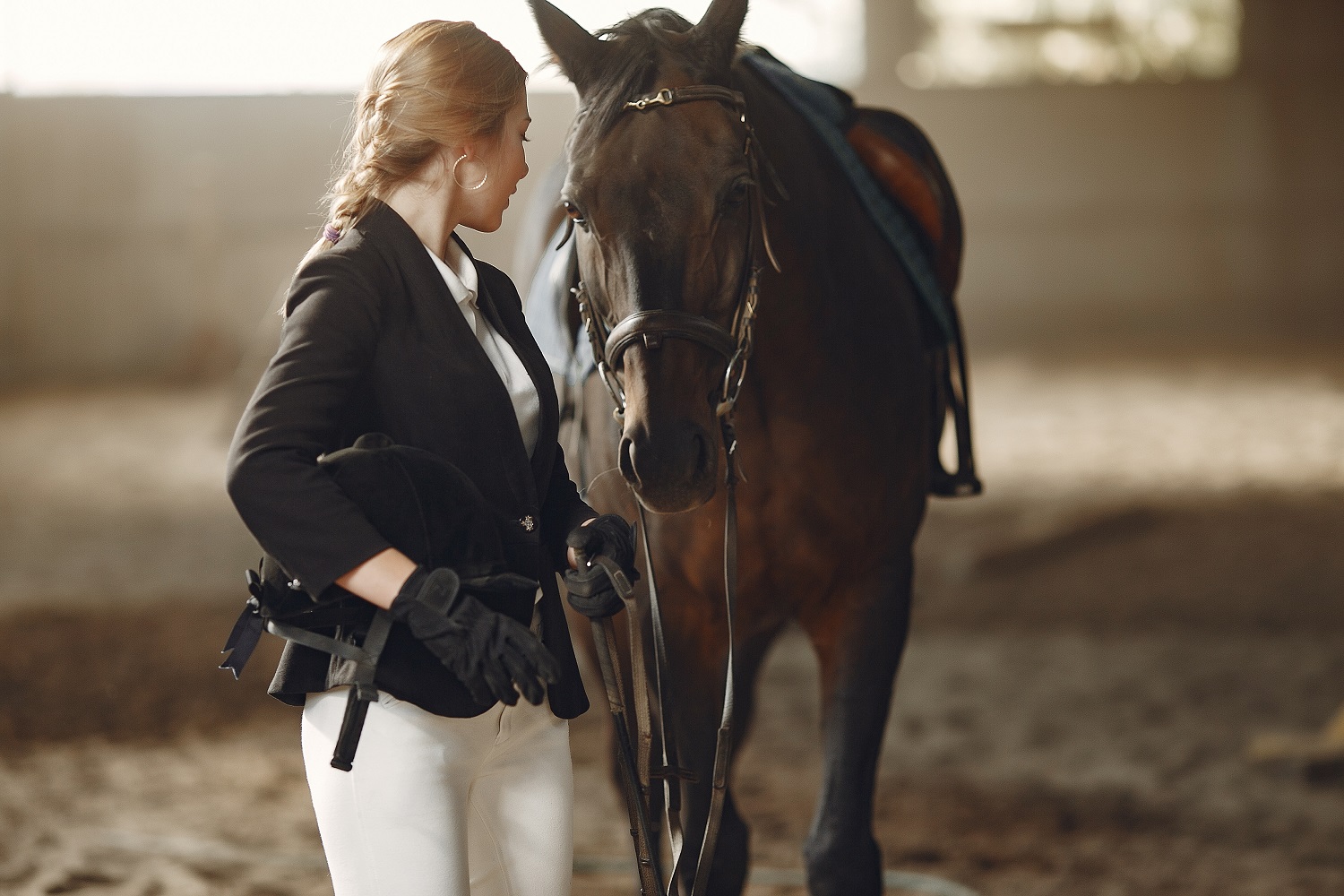

There will never be another horse like yours again. You know better than anybody that he's a unique individual with unique qualities and lovable behaviours. He is the result of a one-of-a-kind blend of influences, including inheritance, upbringing, training, and living environment. And these vary from horse to horse, making our equine pals unique and our relationships with them unique.
Still, you may make generalisations about types of horse personalities and use them to better your relationship with your horse. You may adapt your horse's training to best match his demands once you have a deeper knowledge of his basic nature—both the good and the bad. Perhaps more crucially, you can set reasonable expectations for him. You may identify and eliminate unrealistic goals, relieving both you and your horse of the stress of unrealistic expectations. It's a win-win scenario.
There are many different types of horse personalities. Some common ones include:
Quiet
Because of his unreactive temperament, this horse is usually referred to as bomb-proof by owners and a packer by riding instructors. From a flapping flag to an inept rider with inexperienced hands, he will put up with virtually everything.
This kind of horse trait can generally be relied on to behave securely and to instil confidence in novice riders, however, a more expert rider may find him too dull.
Interested
Horses who have horse traits of being interested are ideal for riders with limited training and expertise. These horses pay attention to the rider's aids but aren't bothered by them in well-trained hands.
While they are aware of their surroundings and respond to what is going on around them, they rarely exhibit fight-or-flight behaviour. Riders will rarely go wrong with this type as long as it is handled with care and sensitivity.
Many of the horses that win ribbons at local horse shows fall into this group because they are both active and reliable.
Nervous
The nervous horse trait is the most equine-like personality type, and as a result, many horses fall into this category. The flight reaction is strongly developed in frightened horses. They are quickly startled and may flee to avoid apparent hazards all around them.
They tend to walk around with their heads held high, looking for trouble and ready to react. This horse can eventually make a very excellent mount for a quiet and experienced rider. He might be a disaster waiting to happen for a new rider.
Most people can eventually gain trust and security from confident yet sympathetic riders who allow them to improve in training. They demand the rider to be extremely patient and confident. You can't rush the trust that they need to move forward.
Extremely Nervous
Extremely nervous horse traits are so reactive that almost anything can set them off, and even minor changes in footing or shadows on the ground can result in frightening explosions at any time.
Calm, consistent treatment while gradually expanding their comfort zones will eventually benefit them, but the trip will be lengthy and frequently perilous. You must be extremely vigilant at all times.
These horses should only be handled by specialists or individuals with extensive expertise and a thorough understanding of equestrian behavioural principles.
Stubborn
Stubborn horse traits tend to detest work and try to avoid it. When pushed, they frequently grow impatient and balky, occasionally bursting in rage.
Trainers frequently face conduct that impedes instruction and necessitates the repetition of previously learned skills. These horses, like anxious horses, demand riders with a lot of patience, but unlike nervous horses, stubborn horses require a subtle yet strong approach.
Treacherous
With the exception of a few inherently violent stallions, dangerous horses are most often the result of poor management or neglect. They have either not learnt to respect people or have intentionally resented them. Such horses may surprise humans by kicking, biting, or stomping on them.
Horses who just do not grasp their place in the dominance order below humans can sometimes be changed by the most skilled of handlers. Unfortunately, euthanasia is sometimes the only safe option for wild horses. Fortunately, such horses are uncommon.
Independent
Independent types do not particularly like or need people. They are the loners of the horse world and would rather be off on their own than with a group.
This is not to say that they cannot be excellent mounts, but they frequently excel in performance events that do not require close contact with humans, such as racing, show jumping, and dressage.
These horses can be a bit more challenging to train because they often lack motivation. However, once they trust their rider, they can be very reliable partners.
Friendly
Friendly types enjoy human companionship and frequently form strong bonds with their riders. They are the kind of horses that will nickel when they see you coming and enjoy being groomed and fussed over.
They are often very willing partners and can excel in any discipline, although they may lack the competitiveness of some of the other types.
These horses make excellent first mounts for beginners because they are so forgiving and willing to please. They are also frequently used in therapeutic riding programs because of their gentle nature.
Cuddler
Cuddlers are horses that love physical affection. They enjoy being close to their humans and often seek out physical contact. They frequently nuzzle, rest their heads on you, and even fall asleep while being groomed.
This type of horse is often very affectionate and bonds strongly with its riders. They make excellent mounts for beginners and children because they are so patient and gentle.
Cuddlers are often used in therapeutic riding programs because of their calming presence.
Go-Getter
Go-getters are horses that are always up for a challenge. They love to work and are very motivated by food, praise, and attention.
These types of horses often excel in competition because they are so eager to please their riders. They can be a bit challenging to train because they can be easily bored.
However, once they trust their rider, they will give their all in any situation. These horses make excellent mounts for experienced riders who are looking for a willing partner.
Laid-Back
Laid-back types are the chillaxed of the horse world. They are not particularly motivated by food, praise, or attention.
They often enjoy a good scratch and will stand quietly while being groomed, but they are not usually fond of being fussed over. These horses frequently lack motivation and can be challenging to train.
However, once they trust their rider, they can be very reliable partners. These horses make excellent mounts for experienced riders who are looking for a laid-back mount.
Of course, not every horse fits perfectly into one of these categories. Many horses have traits from multiple types or their own unique combination of qualities. The best way to get to know your horse's personality is to spend time with them and observe their behaviour.
By understanding horses' personalities, you can better connect with them and provide them with the care and attention they need!






